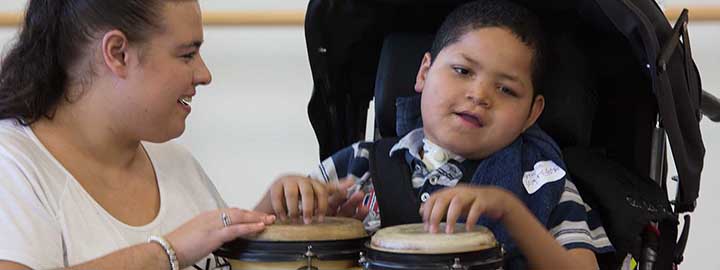
Our Research
Our research is organised under six themes. Within these themes are studies using a wide range of study designs and methods including: systematic reviews, qualitative research, secondary data analysis, surveys and observational studies. Many studies are mixed methods. Overall, our research spans the entire period of childhood and into young adulthood. All our work is applied research, concerning issues relevant or related to health and care policy, service organisation and delivery and practice.
CoPPAR Network
The collaborative UK wide paediatric palliative care research network:- CoPPAR Network
Identification of the Centre’s Research Priorities
One of the Centre’s first pieces of work was a project to identify research priorities:- Research Prioritisation Exercise
Click on the themes below for individual research studies:-
Emotional health and well-being:-
Projects within this theme are concerned with the mental health and emotional well-being of children and young people with life-limiting conditions
Clinical Care:-
This theme is about the physical health of children with medical complexity or life-limiting conditions, and issues associated with symptom management
Service planning, organisation and delivery:-
Whilst looking at a wide range of different types of service or groups of children, projects within this theme are all about the organisation and delivery of care
Parents and families:-
Studies within this theme focus on understanding and meeting the needs of parents, siblings and other family members
Bereavement:-
Our projects on bereavement are looking at parents' needs and experiences, and the role of services in supporting families during this time
Workforce:-
This theme concerns the challenges or issues faced by staff working in paediatric palliative care settings
